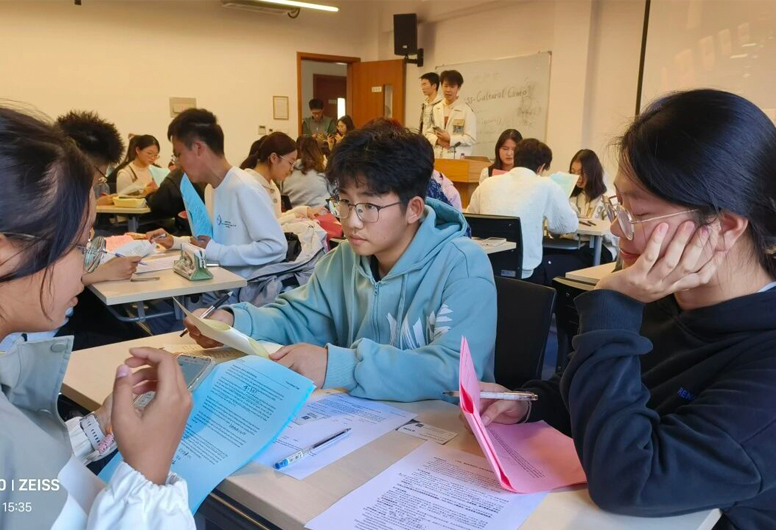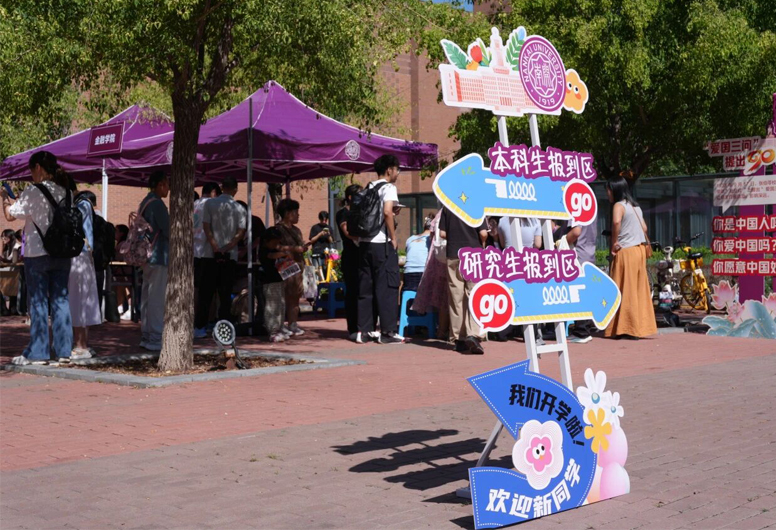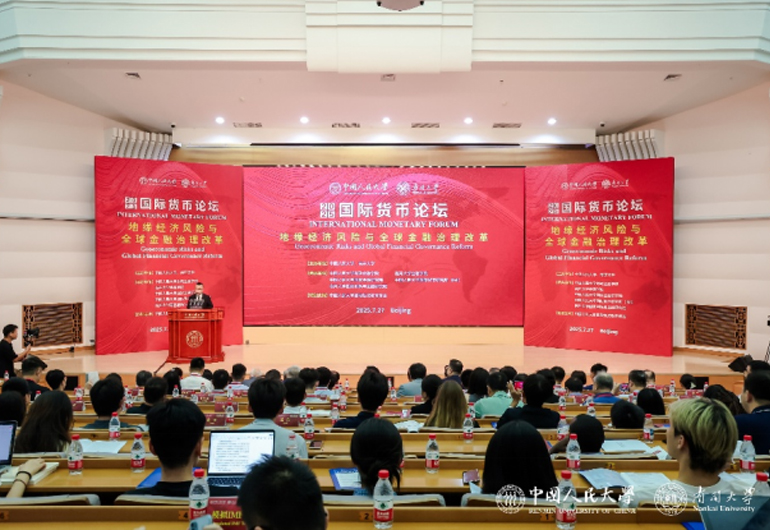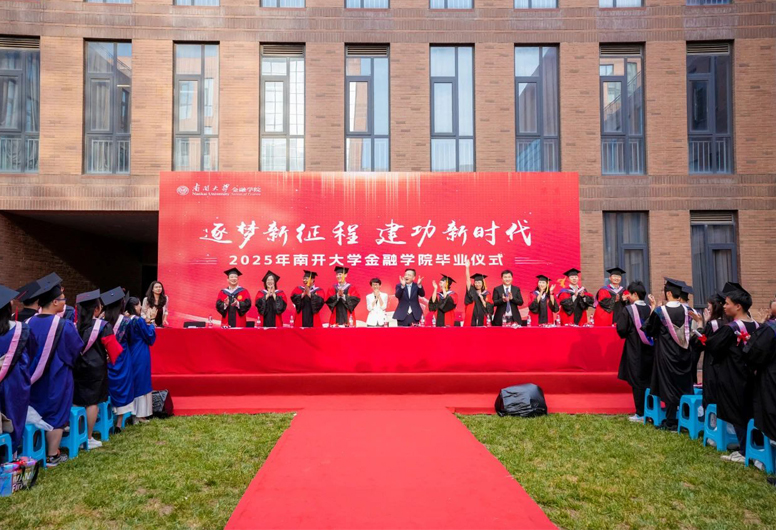Advance Notice: the Second Session of Noon Sunshine-Young Scholars Seminar (the Spring in 2022)
“Noon Sunshine-Young Scholars Seminar” is a regular academic exchange platform held by School of Finance. It aims to offer valuable occasions of communications among scholars in our college, between teachers and students, the domestic and the oversea. In this semester, we keep our original intention, and set off for a new voyage. We will devote ourselves to fostering an academic atmosphere in the college, and promoting the academic level for both teachers and students.
The second session of “Noon Sunshine-Young Scholars Seminar” for the Spring Semester in 2022 is arranged as follows:
1) Lecture Topic
Strategic Experimentation with Uniform Bandit: An Experimental Study
2) Keynote Speaker: OSub Kwon
Assistant professor in School of Finance, Nankai University. His research field covers information economics, microeconomic theory, behavioral and experimental economics.
3) Commentator: Ding Shuze
Assistant professor in School of Finance, Nankai University. His research field covers the fields of experimental economics, monetary economics and behavioral finance. His papers were published in Journals of International Economics and Journal of Economic Behavior and Organization.
4) Date
Thursday, March 31st, 2022
5) Time
12:00-13:00
6) Tencent Meeting Code
981-670-839

Abstract
We experimentally study how people perform risky experimentation to produce information when they can also learn from each other. We test a two-armed bandit model which is similar to but uses a different dynamic learning process from that of Keller et al. (2005). Our model predicts that the information generated by a group of players is no more than that generated by a single player in any perfect Bayes equilibrium even though they react infinitely repeatedly. To implement this model in the lab, we design a novel dynamic information structure that can trivialize the posterior calculation for any sequence of signal realizations. We find that 1) when experimenting alone, the median subject generates almost exactly the same amount as the theoretical prediction, that 2) when experimenting with others, the median subject tends to generate slightly more information than when alone, which is against the theoretical prediction, and that 3) the subjects only react to the posterior belief and do not condition their actions on other players' past actions. Thus, we find no evidence suggesting that infinitely repeated interaction between players can sustain more information production via reciprocation in our environment.









